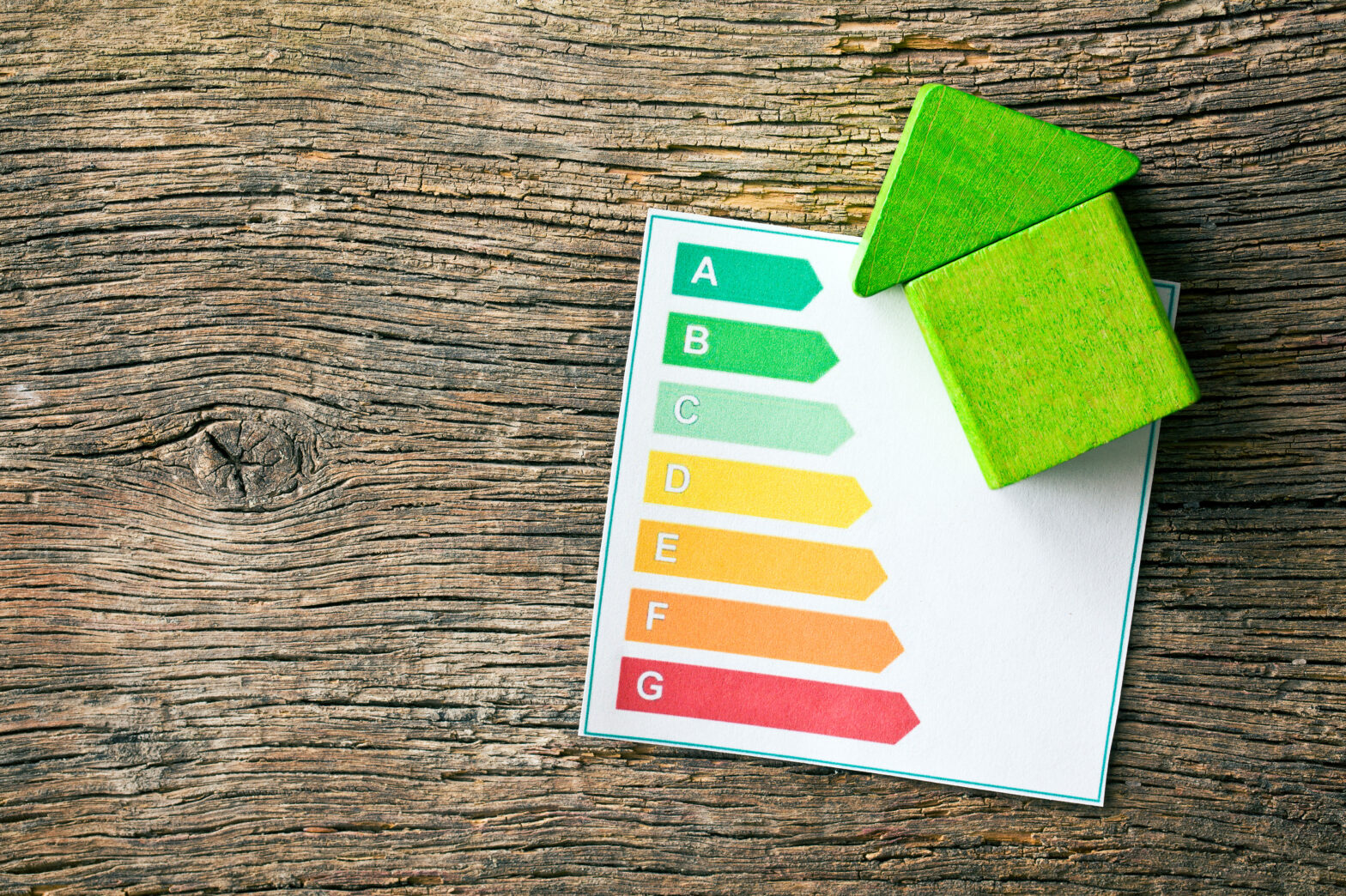What is truly revolutionary in the start-up world? In a world full of hype about disruption only hindsight will tell us what technologies reshaped the world as we know it.
But the evidence is mounting that the energy sector is going through an unstoppable period of change which will only accelerate as tech companies get more involved.
Earlier this month, Volvo called time on the internal combustion engine: saying that from 2019 – only two years away – it would make only fully electric or hybrid cars. France wants to ban all petrol and diesel cars by 2040. Manhattan has more Tesla charging points than petrol stations and the US solar industry employs more than twice as many people as the coal sector.
I believe that the industrial age of energy and transportation will be over by 2030 – driven by the three Ds, of decarbonisation, digitalisation and decentralisation.
Technologies such as solar, batteries, electric vehicles and autonomous cars will disrupt and sweep away the energy and transportation industries as we know them.
We have already seen the power of the internet, the PC and the mobile phone sweep away landlines and mainframe computers. Just as those technology disruptions brought abundant, cheap and participatory information, the clean energy disruption will usher in plentiful, cheap and participatory energy.
In the 20th century, the energy industry has been controlled by those who own the fossil fuel resources (oil, gas and coal) or the expensive, highly engineered nuclear assets. But that is all set to change as three fundamental shifts occur.
The hunt for low-carbon, renewable solutions means that generation units can be smaller, requiring much less capital investment, and more flexible – they can be turned on and off easily. Our increasing reliance on renewable sources of energy – solar, wind, biomass – will mean that the energy system is becoming decentralised and value now sits closer to the consumer.
We can already see that as the margins that energy generators make are squeezed to mid single digits and many power companies, like British Gas-owner Centrica, have sold both older power stations and inefficient storage facilities. Investors in distribution companies like National Grid were told last week by the regulator that they must accept lower returns.
Decarbonisation and decentralisation are all helping to shift the value in the energy system away from generation towards the customer. In the future, owning the relationship with the customer will become fundamental. There will be more technology to install in people’s homes, from solar panels and smart home systems to heat-pumps and batteries. All of this kit will also need reliable service providers, so there is a great opportunity to win a much more loyal customer.
Finally, digitisation and technology are accelerating the pace of change. Technology is bringing new products to satisfy customers and real improvements in the way that our system works. For instance the ability to store electricity in large-scale batteries makes renewable technologies like solar and wind much more suitable for generating power day in day out. If batteries mean these new technologies can now be used every day, that will eventually lower their cost.
The era of centralised, command-and-control, extraction-based energy sources will not end because we run out of petroleum, natural gas, coal, or uranium. It will end because the business models used by the established utilities and energy companies will be disrupted by superior technologies and new business models.
This will be a revolution that will have profound global implications – driving economic power away from oil rich countries such as Saudi Arabia and the US, to mineral rich countries such as Chile and Australia.
It will also fundamentally challenge the model of some of the largest companies of the 20th century – impacting utilities like E.ON in Europe and NextEra in the US, but also oil and gas companies like Shell and Exxon, not to mention global car makers such as Toyota and Volkswagen.
As demand for big, traditional hydrocarbon power plants falls sharply, the need for more decentralised renewable energy will soar – creating opportunities for smaller, local companies to thrive. The rise of distributed generation will see one of the greatest transfers of wealth away from the “too big to fail” energy companies, to local players who themselves will need to be supported by platform businesses.
So who will be the winners in this new scenario? My business, Hometree, is a start-up that has big dreams of replacing the big six suppliers as a go-to energy brand. We supply boiler installations, using an online platform and video calls to make the process almost as easy as buying a novel from Amazon.
But boilers are just our starting point. What interests our investors, including the backers of companies such as Transferwise, Zoopla, Dropbox and Purplebricks, is the possibility of unlocking the value in the whole home energy market.
Crucial to our business plan is the opportunity that arises from empowering the local installers and tradesmen. We intend to become a platform supporting tomorrow’s local entrepreneurs, working in the home energy space across the continent.
This is important work because our homes are still one of the biggest sources on the planet of damaging greenhouse gas emissions.
A real revolution is beckoning in energy with the tantalising prospect that every country could achieve energy independence by 2050 and tech companies, of all shapes and sizes, will be crucial to making it happen.
Simon Phelan is the CEO of Hometree.







